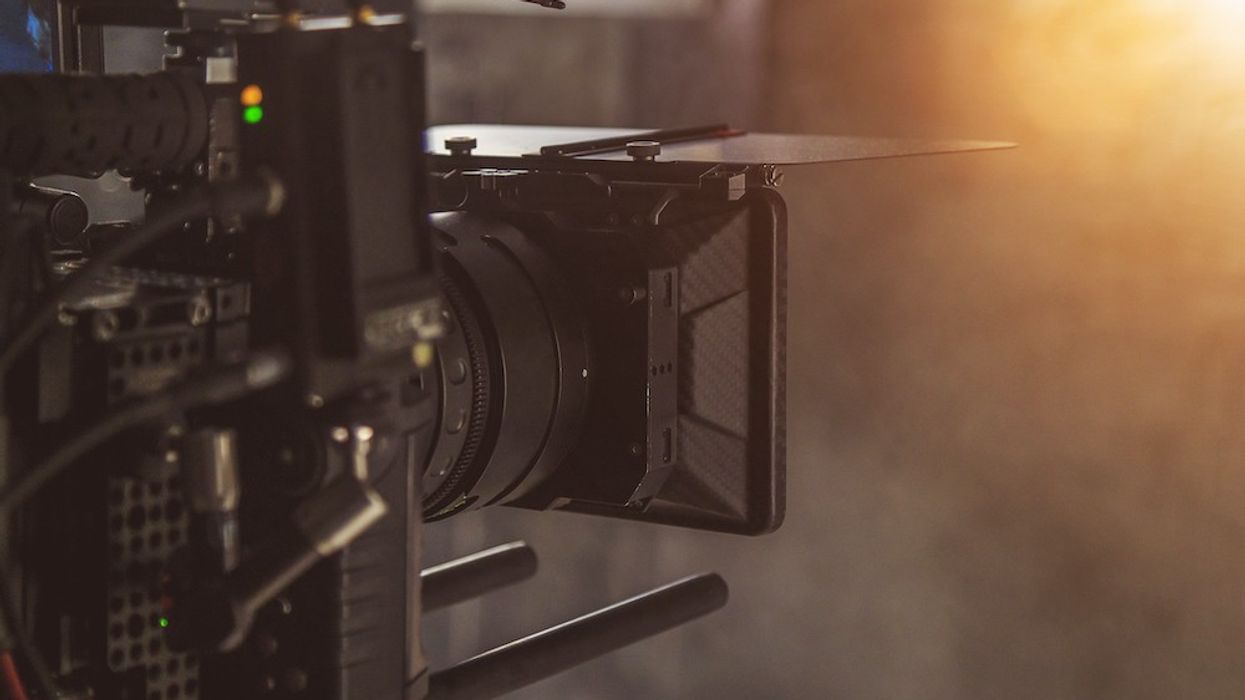Dive Into Basic Camera Techniques With These Helpful Tips
If you've just started learning how to operate a camera, this is the video for you.

There's nothing more exciting as a filmmaker than getting your first camera. There's this immediate connection. A bond where endless creativity starts to swirl, and you just want to go out and start shooting. If you happened to skip film school, knowledge and expertise come with time. There are also basic techniques to camera operating you need to know.
Luckily, camera operator Oliver Cary, whose work includes Orange Is the New Black, John Wick: Chapter 3 – Parabellum, and Dark Waters breaks down different shooting methods and how they impact the story.
Check out the video from Vanity Fair below.
Building your craft as a camera operator is a tall task. It takes time.
The best ones know not just technique but understand performance. They understand the emotional arc and subtleties of the story in each scene. And that's key. In time, anyone can frame a shot on a tripod, but knowing why you are framing that particular shot and how it connects to the next shot and to the subtext of the story is what separates good operators from great ones.
It may sound silly, but if you have the time and the money to do so, take an acting class. It allows you to understand the philosophies of those on the other side of the camera, and as an operator, that's going to be beneficial. It allows you to grasp what can motivate an actor or evoke a certain emotion, and you can bring that into your operating.
It's one thing to read a script, but it's another thing to react on set. In today's production, you might not get a rehearsal, or the crew might shoot the rehearsal as take one. Do you want to miss that shot? No, you don't. Plus, acting classes tend to be more readily available (and cheaper) than a director's course. Some of the best directors were former actors, so why can't a camera operator learn what they know, as well?
As you progress from basic techniques and beyond, you'll learn how to find those moments within a scene where you push the camera in or glide it through the room, because you're connecting to the performance. That's what's going to make you stand out as an operator—reacting to those moments that were not rehearsed on set. Those instincts are hard to teach, so start discovering them now.
Have any techniques to share? Zoom in on them in the comments below.
Source: Vanity Fair













